Courses Open for Enrollment

Start Anytime
Computational Data Science in Physics II
Start Anytime
Electricity and Magnetism: Electrostatics
Starts March 18, 2026
Understanding the World Through Data
Starts May 12, 2026
Good Economics for Hard Times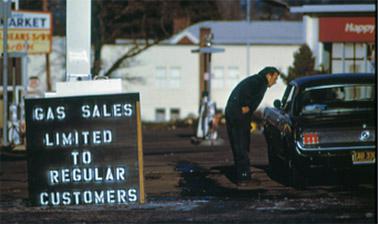
Starts May 12, 2026
Microeconomics
Starts September 8, 2026
Microeconomic Theory and Public Policy
Starts January 19, 2027
Energy Economics and Policy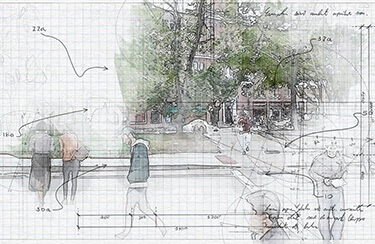
Starts November 4, 2025
Introduction to Pedestrian Mobility in Cities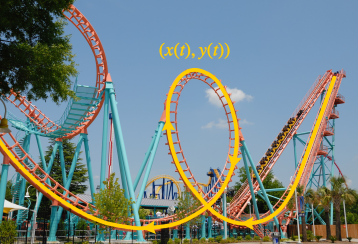
Starts May 28, 2025
Calculus 1C: Coordinate Systems & Infinite Series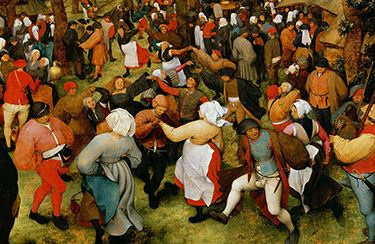
Starts June 13, 2024
Moral Problems and the Good Life
Starts January 22, 2026
General Chemistry I: Atoms, Molecules, and Bonding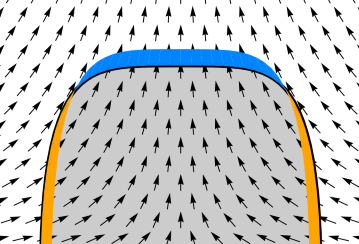
Starts February 25, 2026
Multivariable Calculus 2: Integrals
Starts February 25, 2026
Calculus 1B: Integration
Starts November 7, 2023
Minds and Machines
Starts February 16, 2026
Introduction to Philosophy: God, Knowledge and Consciousness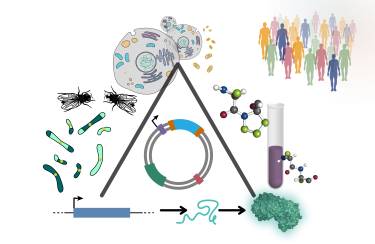
Starts January 6, 2026
Introduction to Biology - The Secret of Life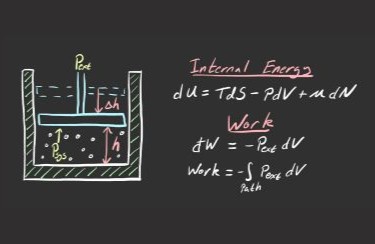
Starts September 18, 2025
Chemical Thermodynamics I: Thermodynamics and Statistical MechanicsWhy enroll in an MITx online course?
- Free online courses from MIT, ranked #1 university in the world.
- Learn from MIT Faculty and access the same course content available to MIT students on campus.
- Get a certificate signed by MIT faculty to highlight the knowledge and skills you’ve received from your course.
Sign up for updates
Join our newsletter for course updates and more.